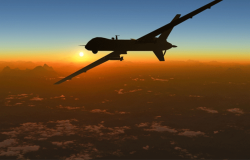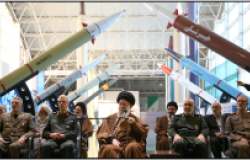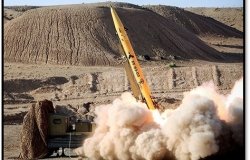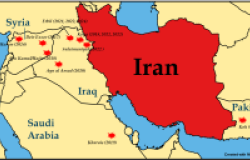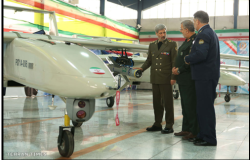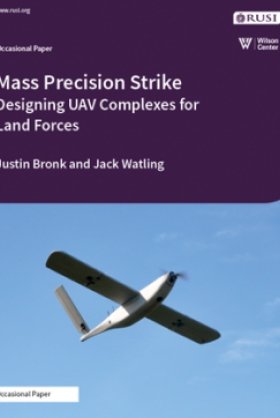National Missile Defense and Proliferation
Overview
In this meeting, Michael Krepon, President Emeritus of the Henry L. Stimpson Center, focused on the relationship between strategic offensive nuclear and defensive systems.
He noted that the Cold War system operated under Mutual Assured Destruction (MAD), which was based on nuclear overkill and aversion to defenses. After reviewing the various arguments made against National Missile Defense (NMD), he asked the participants to consider the risks of not deploying NMD (such as U.S. vulberability to missile attack with an unconventional warhead).
Krepon argued that the current debate in Washington (formulated around the question of whether or not to deploy NMD) is not useful. MAD may be out, but the challenge of deterrence remains; how can it be redefined?
He stated that the nuclear deterrent is part of a continuum of instruments, including the nonproliferation regime, alliances, and strong conventional capabilities, and defenses (both theater and strategic). New defensive systems should be addressed to the new proliferation threats (Iran, North Korea) not China; by so doing, a Chinese strategic nuclear build-up can be averted. This continuum of policy instruments constitutes what Krepon characterized as a "cooperative threat reduction" approach.
Thank you for your interest in this event. Please send any feedback or questions to our Events staff.



